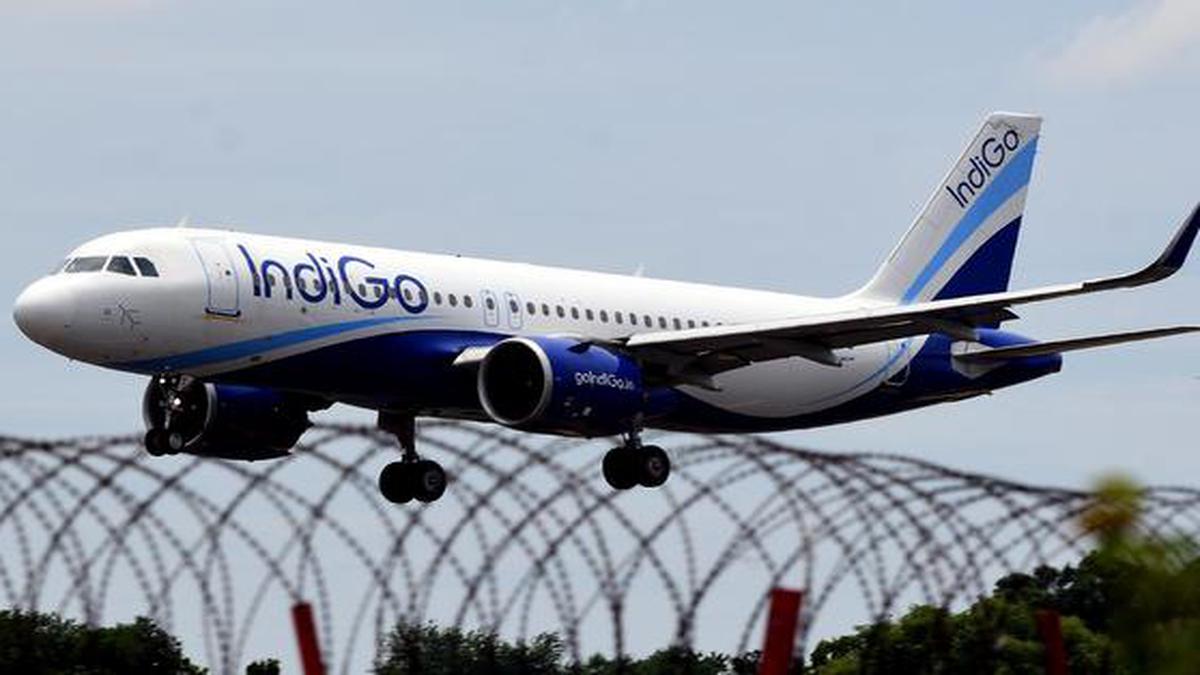A routine domestic flight in India turned into a harrowing ordeal Wednesday evening when an IndiGo Airlines Airbus A320 carrying 227 passengers encountered violent turbulence during its approach to Srinagar. The incident took a geopolitical turn when Pakistan Denied Indian Airliner Emergency Diversion through its airspace to avoid a dangerous hailstorm.
The drama unfolded at approximately 5:45 pm as IndiGo flight 6E2142 from New Delhi was making its final descent toward Srinagar International Airport. Without warning, the aircraft flew directly into an intense hailstorm, subjecting passengers and crew to what one traveler described as “15 minutes of sheer terror.”
Captain Rajesh Verma (name changed), the veteran pilot commanding the flight, immediately declared an emergency and requested clearance from Lahore Air Traffic Control to deviate slightly into Pakistani airspace to circumvent the worst of the weather system. This routine safety request, which aviation experts say would normally be granted without hesitation between neighboring countries, was abruptly denied.
“Request denied due to current restrictions,” the Pakistani controller responded, according to aviation sources familiar with the radio communications. The curt rejection forced the Indian pilots to navigate through the treacherous weather conditions, putting their training to the ultimate test.
More News @ Newspress
Passengers aboard the shaken aircraft reported terrifying moments as golf ball-sized hailstones pounded the fuselage. “The sound was like being inside a drum during an earthquake,” said business traveler Arjun Mehta. “People were screaming, oxygen masks dropped, and several passengers suffered minor injuries from falling luggage.”
The aircraft’s exterior sustained visible damage, particularly to the radome (nose cone) housing critical weather radar equipment. Despite these challenges, the flight crew managed to execute a safe landing at 6:30 pm, earning praise from aviation authorities for their composure under extreme pressure.
This incident highlights the escalating tensions in South Asian aviation relations. Since the 2019 military standoff following the Pulwama attack, Pakistan has restricted Indian civilian aircraft from its airspace except for specific transit corridors. However, aviation safety experts argue that emergency situations should transcend political disputes.
“International aviation protocols clearly prioritize human safety above all else,” explained Captain Sameer Hassan, former director of Pakistan’s Civil Aviation Authority. “While nations may have their differences, denying a weather diversion request is unprecedented and violates the spirit of global aviation cooperation.”
The damaged aircraft remains grounded in Srinagar for complete structural inspection, while aviation meteorologists work to understand how such severe weather developed unexpectedly. Preliminary reports suggest the flight encountered a rare microburst – an intense, localized downdraft that can create extreme turbulence.
As news of the incident spreads, it has reignited debates about whether political tensions are compromising passenger safety. Aviation forums are buzzing with discussions about contingency planning for flights operating near contested airspace boundaries.
For the 227 passengers aboard flight 6E2142, the experience served as an unsettling reminder of how geopolitical realities can intrude upon civilian life. “We were just ordinary people trying to get home,” said college student Priya Malhotra. “It’s frightening to think that politics could determine whether we landed safely or not.”



ziv29n
z2m6zh
d31pwj